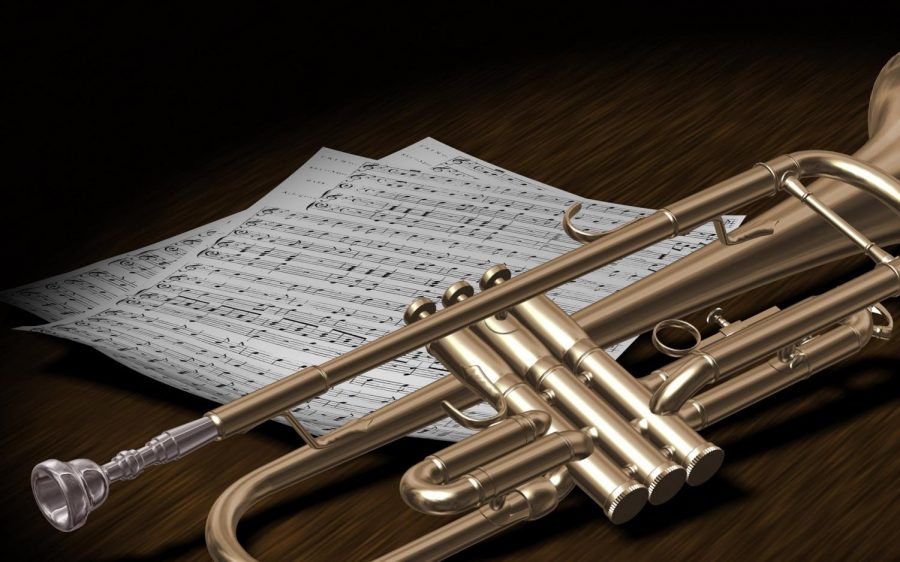Inside Look at All-State, Auditions
February 5, 2018
All-State, musicians know this as the bottom of the pit in music auditions aside from the college or professional level. Basically, musicians are to prepare select excerpts chosen by the Indiana Bandmaster’s Association (IBA) and charge a fee to participate. It’s very difficult to get into. However, if the musician succeeds, he or she is then sorted and ranked among the best musicians in the state. To make an All-State Band is very difficult and very prestigious.
A number of Seymour High School students auditioned. Chloe Bryden, a flutist/piccoloist in the Wind Ensemble, spoke of her excerpts. She claimed that “[Her] excerpts were pretty hard, other than the first one, it was the wind ensemble audition for our band so that was easy.” She spoke of her “… 16th note runs which are pretty challenging.” Not to mention the tempos in her part make for an incredibly challenging piece. Chloe said, “It can be really hard to move your fingers in time with your air speed on those runs.” She could have changed anything about the piece to ensure her acceptance into the band. “I wouldn’t really change anything. I played well, not well enough to make the band, but for the difficulty of those pieces I did good and that is the best I can ask for.”
Haruka Taguchi, or Janet Taguchi, a baritone saxophonist, also auditioned for Seymour. She said, “I thought my excerpts were very… contrasting and were fun to play.” She also spoke of the purpose of the excerpts, “… to show how lyrical you can be on your instrument, how well you can phrase music, and how technical you can be. My excerpts did a good job of giving me something to work with so I could demonstrate these assets.” Basically the excerpts are what challenges musicians to be able to advance to not just a good level, but the next level. She claimed “I thought my excerpts were not difficult to play, but difficult to interpret because they came from different time periods in classical music.” She thought that both of her excerpts brought challenges with tempo. “I listened to a recording of my first excerpt and it was faster than what it should have been but I kept finding myself playing at the wrong tempo. And the second excerpt was a much faster excerpt with all 16th notes. To make things harder, at the end was a note jump from my middle C to my high E, which is larger than an octave.” So it was incredibly fast, high, with difficult note jumps and in other words, difficult. If she could change one thing, it would have been the amount of time that it took to read through the site reading portion of the audition – site reading is reading a sheet of music for the first time, or reading on the site.
This basically sums up the great opportunities of All-State Auditioning. It’s a difficult mountain of obstacles that takes the most dedicated of musicians to make. It can be beneficial, and it can take away, depending upon the person. All-State Auditioning does exist, and the reality of it is that the majority of performers will not make the bands. It is still worth the time taken to prepare it though.


